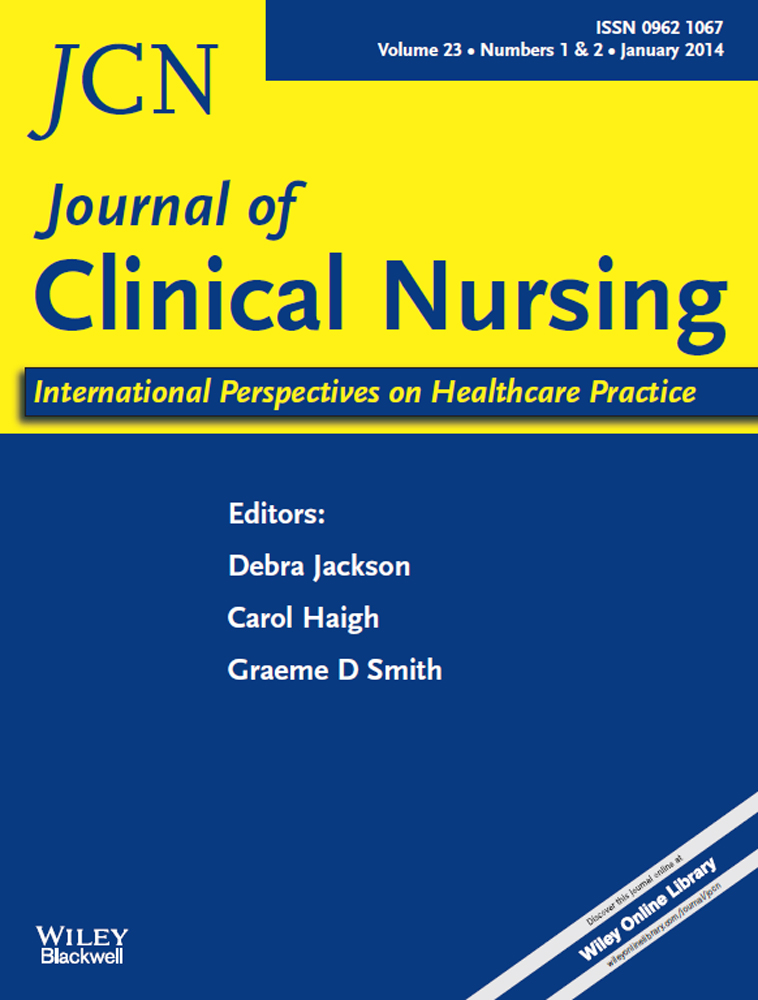Israeli emergency department nurses' attitudes to an extension of their role and powers
Abstract
Aims and objectives
To investigate the opinions of Israeli ED nurses as to (1) an expansion of their powers and autonomy in treating commonly presenting ED conditions, (2) whether nurses or physicians should be responsible for giving ED patients necessary information and (3) whether ED nurses should perform triage.
Background
The development of the new emergency nurse practitioner role has relieved the pressure on emergency departments, reduced patient waiting times and raised patient satisfaction. Israel has yet to introduce either this role or the triage approach into its emergency departments.
Design
This investigation was designed as a cross-sectional study by self-administered questionnaire.
Methods
The researchers distributed a questionnaire they had developed and validated to 270 registered nurses working in 18 general hospital emergency departments. The responses were analysed by chi-square and t-tests and anova.
Results
Of respondents 60–90% agreed that they should be granted 10 out of a list of 12 new powers, and a large majority thought nurses should be responsible for performing triage. They wanted to increase the information they gave to patients, both on general ED functioning and on specific medically related matters.
Conclusions
The contribution of this study is the positive response of a large representative sample of ED nurses to extending their powers. It will be necessary to establish postregistration training courses and draw up new regulations reshaping the delivery of emergency medicine.
Relevance to clinical practice
The study demonstrates that ED nurses are convinced that they need the authority to diagnose and treat commonly presenting ED conditions and perform triage and discharge in order for their department to optimally exploit the resources available to it. The study should promote the development of the emergency nurse practitioner role in Israel and so reduce patient waiting times.




